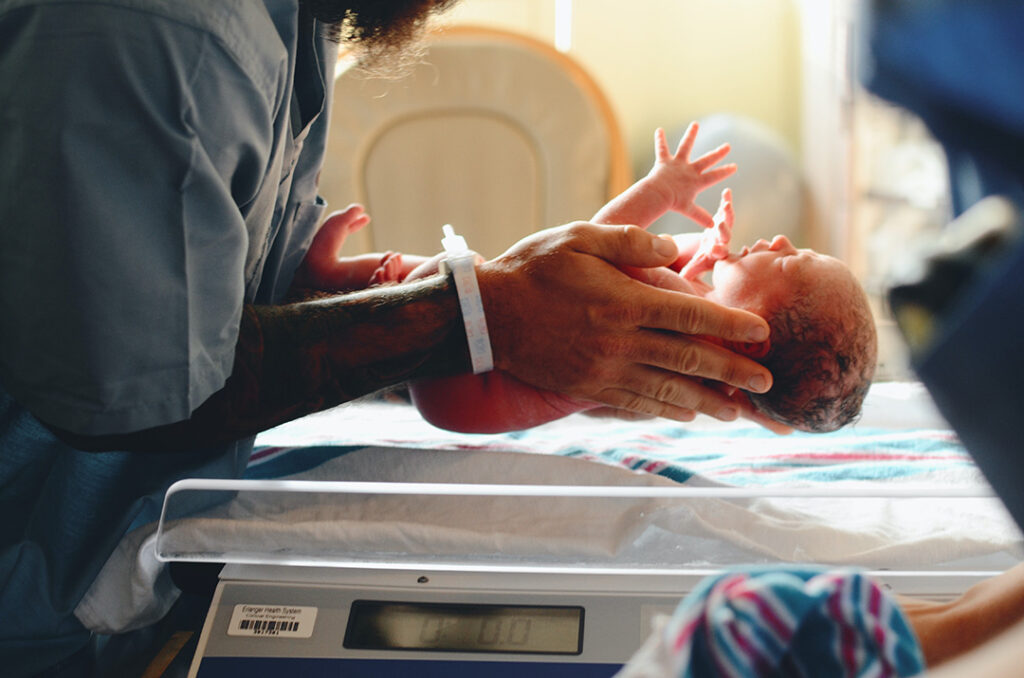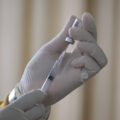Insights from the dashboard: Religion, ethics and healthcare
Insights from the dashboard: Religion, ethics and healthcare
The EARS dashboard offers interesting insights into the intersection between religion, healthcare, and ethics. Learn more about this topic here.
The EARS dashboard
The EARS dashboard offers interesting perspectives on various topics surrounding the relationship between religion and society in Europe. It builds on a collection of summaries of articles published by the European media. The dashboard provides various insights on themes that are discussed in these articles. Moreover, it enables users to explore the intersections between different topics, the prevalence of particular themes, and their connections to global developments.
Religion, healthcare, and ethics
The EARS dashboard can show us, for example, how the topics of religion, healthcare, and ethics are interconnected. When selecting healthcare on the dashboard, we discover an interplay between the following topics:

This Venn diagram shows the various topics that fall within the theme of healthcare, including the topic of ethics. Ethics is closely related to healthcare on the dashboard. This is because many articles addressing healthcare within the context of religion are about medical ethics. Medical ethics is a branch of ethics that deals with moral principles that guide decisions in the field of medicine.[1]
Religion plays a central role in shaping ethical beliefs about medical issues.[2]
Two much-debated issues highlight the intricate relationship between religion, healthcare, and ethics: abortion and assisted suicide. This is also reflected in the word cloud on the dashboard, as seen below.

Abortion
Abortion remains one of the most contentious topics at the intersection of religion and medical ethics, and it is a recurring theme in the European news. Recently, the Polish Catholic Church declared that abortion cannot be justified on mental health grounds. Abortion is unethical, even when the mother’s mental health is endangered by the pregnancy. According to the bioethics committee of the Church, “[a]bortion is not a therapeutic method used in treatment. Killing a child cannot be considered a means of restoring a woman’s health.”[3]
The Polish Catholic Church frequently voices anti-abortion sentiments. The head of the Church, Stanislaw Gądecki, recently criticised MPs who vote in favour of legalising abortion. He even announced that these people should be excluded from receiving Holy Communion. According to Gądecki, “human life is sacred and inviolable in every dimension and condition.”[4]
Assisted suicide
This leads us to another medical issue that raises ethical concerns: assisted suicide. Assisted suicide usually involves a healthcare provider assisting a terminally ill patient in ending their own life in order to relieve persistent suffering.[5] Different religions hold varying perspectives on the issue of assisted suicide. Generally, however, the major world religions consider it to be unethical. This is because they tend to put emphasis on the value of life. Ending a life, even if the intention is to end suffering, is often seen as a grave injustice. Still, religions take varying approaches to the issue of assisted suicide.[6]
In Germany, the Evangelical Church as well as Diakonie, a Protestant social welfare organisation,[7] are regularly confronted with the issue in their care facilities. The Augustinum, a diaconal organisation with multiple care facilities,[8] supports and respects residents who opt for assisted suicide, although the staff does not directly assist. The Evangelical Church is more focused on suicide prevention, providing palliative care, and offering emotional support.[9]
The Catholic Church in Germany also focuses on preventing people from choosing to end their lives. Many German bishops advocate a culture of care and support. Apart from this, Bishop Bätzing recently stressed the need for a protection concept to make sure that assisted suicide is voluntary.[10]
Religious perspectives on medical ethics
As the EARS dashboard shows, the interrelations between religion, healthcare, and ethics are intricate and multifaceted. Abortion and assisted suicide are just two examples of how these domains intersect. Religious belief plays a central role in shaping moral attitudes toward medical practices. Therefore, addressing ethical dilemmas related to medical issues often necessitates the consideration of religious values.
Learn more on the EARS dashboard
The dashboard allows you to gain insights into many topics. It is a free tool that allows you to make connections like those described above, and to find out about relationships between interesting subjects across Europe. Please visit the dashboard to learn more.
Want to learn more about similar topics? Explore the EARS Dashboard
Sources
[2] Religion and medical ethics
[3] Abortion cannot be permitted on mental health grounds, declares Polish church
[4] “MP who votes for abortion is excluded from Holy Communion”
[5] What are euthanasia and assisted suicide?
[6] Perspectives of major world religions on euthanasia and assisted dying
[7] Information about Diakonie in English
[9] Sterbehilfe in diakonischen Heimen – darf das sein?
[10] Suizidbeihilfe-Debatte: Bischof Bätzing fordert neues Schutzkonzept






